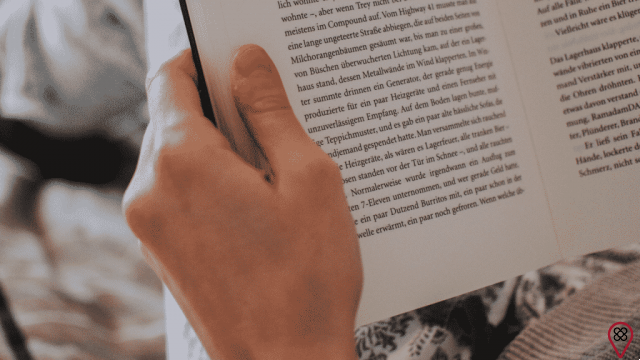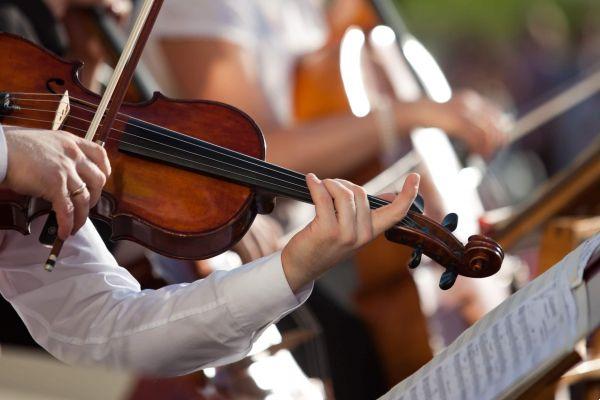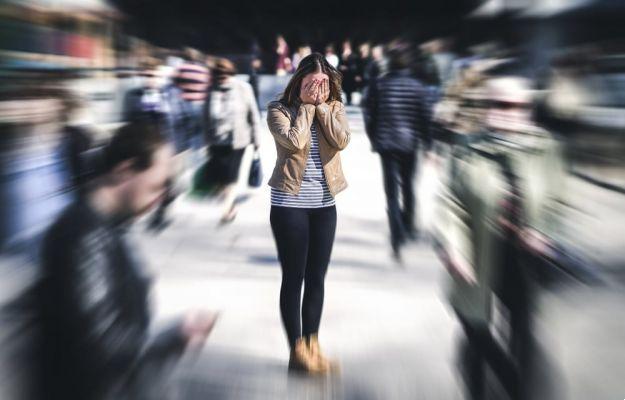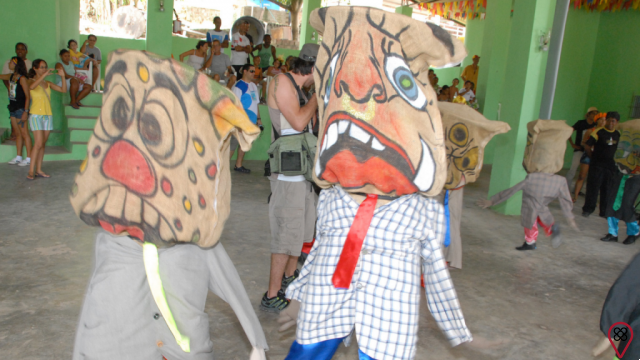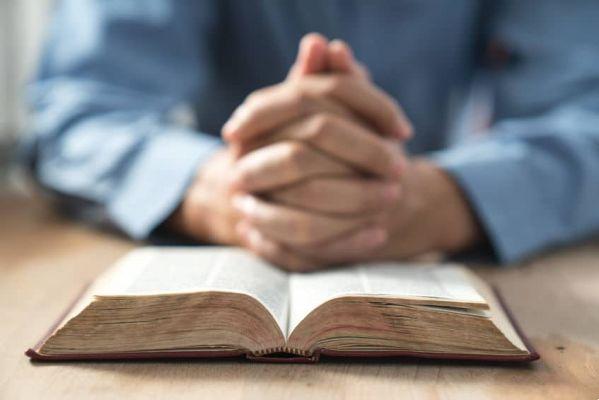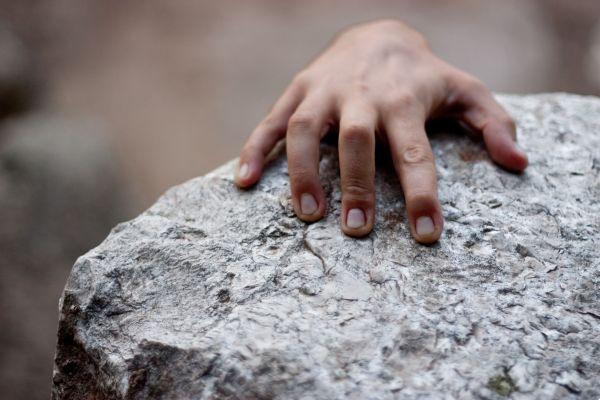Tests, grades, subjects, grades, assignments… All this is part of school life. And let's face it, it can be very boring for children and teenagers who are in elementary and high school, right? But can this all be different? Is it possible to develop an alternative?
That's what Escola Básica da Ponte, better known as Escola da Ponte, which is located in Porto, Portugal, did. They have developed an alternative teaching method that subverts this traditional school system, standard almost everywhere in the world. Discover this very different school!
What is Escola da Ponte?
Escola da Ponte is a project by Portuguese pedagogue José Pacheco, a great critic of the traditional education system. According to him, education is a 19th century invention, with 20th century teachers and 21st century students. So it is necessary to update and merge all these experiences.
In addition, he believes that being less restricted and giving students more freedom is the right way to develop an education that is truly transformative. It was from there that the Escola da Ponte project came about, deeply influenced by the ideas of the Spanish pedagogue Paulo Freire.
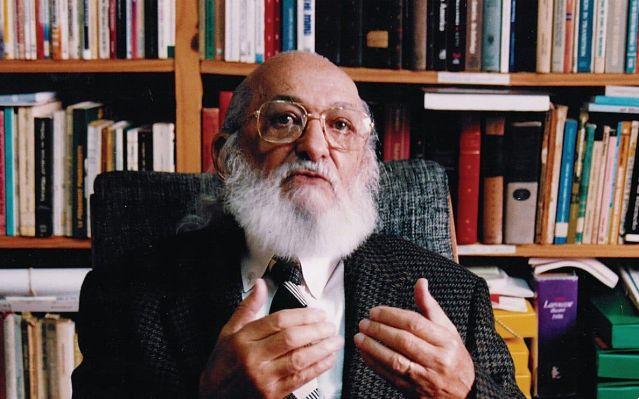
José Pacheco himself always quotes a speech by Freire, who says: “We learn from each other, mediated by the world”.
At Escola da Ponte, there are no grades, disciplines or restricted curriculum, and students actively participate in the organization of the school. Check out all the details about her in the following topics!
no series
Anyway, forget about teaching based on 1st grade, 2nd grade, and so on! Despite receiving students between 11 and 17 years old, Escola da Ponte abolished the approval system by grade, because it believes that the development of each student is individual, therefore it must be treated that way, with individuality and attention to the needs of each one, not according to a classification by series.
Additionally, there are no established subjects, such as specific schedules for Mathematics, Physics, Biology classes, etc. Students choose what they want to study and meet in groups and with teachers to explore the chosen topics and what activities they will do.
It is clear that the school, which is public, follows the curriculum required by the Portuguese government and aims, like any other college, to deliver students who are trained and capable of facing an entrance exam. But she allows them to forge their own paths to reach that end.
school democracy
Another very important concept for Escola da Ponte is the teaching not only of academic subjects, but also the preparation of the student for the world. And the school manifests this through a kind of democracy involving the student body.

Instead of making decisions and imposing these definitions on students, the school invites all students to debate the issues and reach, together, a consensus that is acceptable. This is done, according to Pacheco, to demonstrate the importance of dialogue and prepare students to exercise their citizenship in our democracy.
pedagogical devices
According to José Pacheco, Escola da Ponte uses alternative pedagogical devices to monitor the development and needs of each student. In short, pedagogical devices are models, formats and activities that make up teaching. Classes, subjects and assessments, for example, are pedagogical devices.
In other words, the pedagogical devices of Escola da Ponte are different, and among them are: a newspaper published by the students; a poetry garden, where students publish poems they write or read; a list called “I need help”, in which the students themselves identify their difficulties and ask for help; between others.
You may also like
- Discover what you can learn from Gandhi's teachings
- 10 Things Your Dog Can Teach You
- Discover 6 skills that life teaches
Finally, for many, Escola da Ponte is a possible dream, proof that it is feasible to teach without necessarily resorting to current pedagogical devices, which limit and restrict student learning, such as tests and specific classes. Is that you? What do you think of the revolutionary teaching of this Portuguese school?



